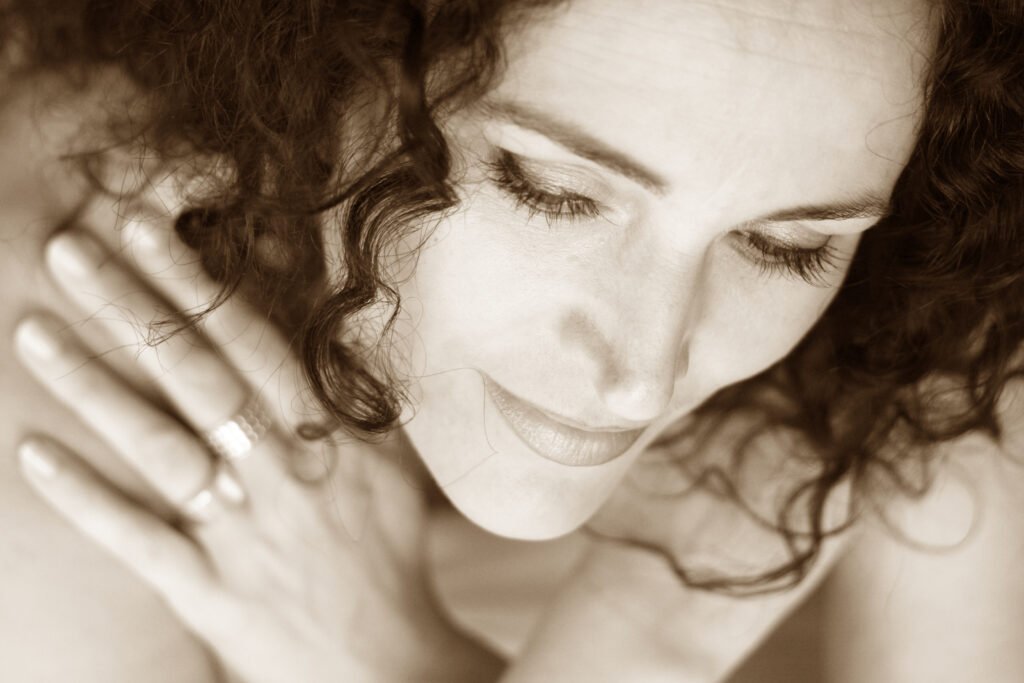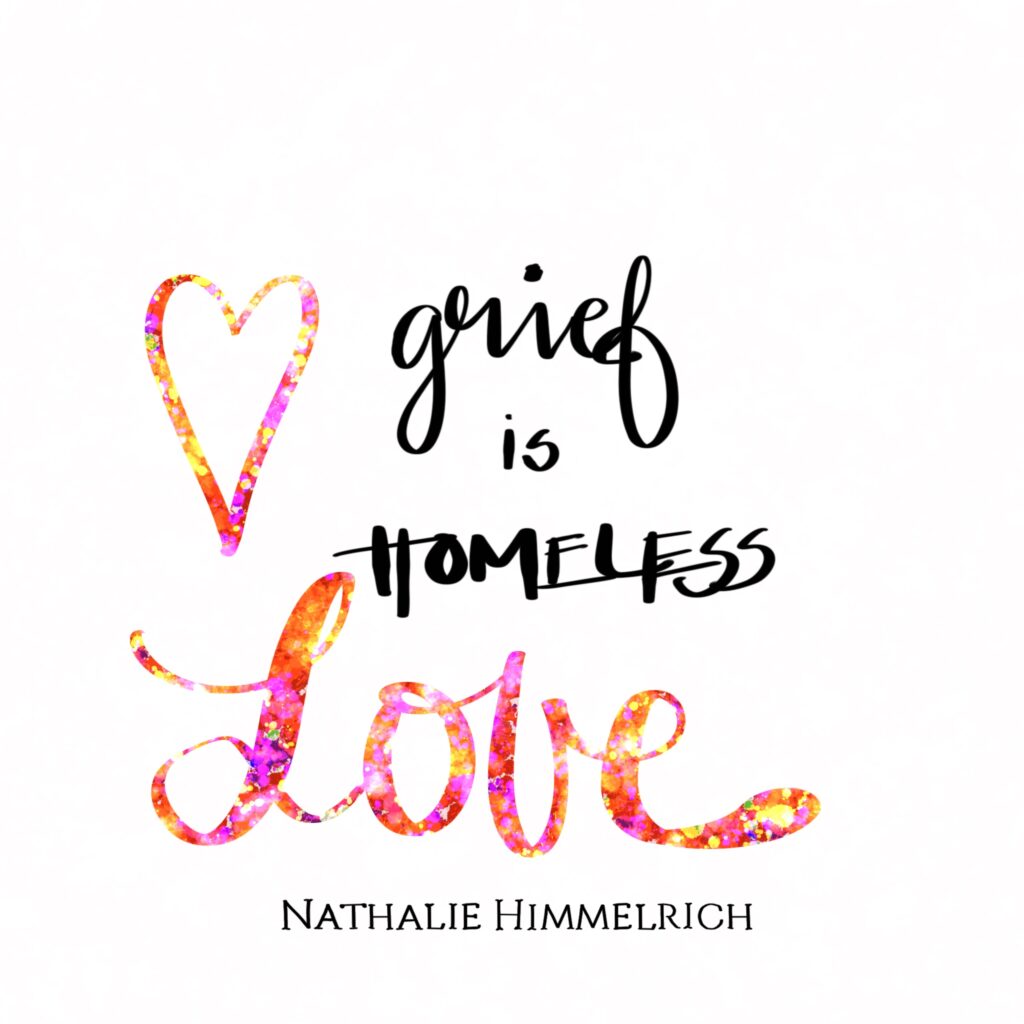Strategies for Finding Respite in Difficult Times

Grief is a profound and personal journey, often characterized by waves of overwhelming emotions. It’s a natural response to loss, but sometimes, the intensity of grief can become all-consuming. Giving yourself a break from grief, even temporarily, is not only necessary but also a vital part of the healing process. This article explores practical ways to find moments of respite and self-care amidst the grieving process.
Recognize the Need for a Break
The first step in giving yourself a break from grief is recognizing the need for one. Grief can be exhausting, both emotionally and physically. If you’re feeling drained, it’s a signal that you need to step back and take care of yourself. Acknowledge that taking a break is not a sign of weakness, but a necessary part of self-care.
Engage in Simple Pleasures
Find solace in simple activities that bring you joy or relaxation. It could be a walk in nature, listening to your favorite music, or indulging in a hobby you love. These activities aren’t meant to erase your grief but to provide a temporary escape from its intensity.
Connect with Others
While solitude can be healing, isolation is not. Spending time with supportive friends or family can offer a respite from your grief. Sometimes, just the presence of someone who cares can be comforting. Connecting to others is one sure way to help regulate your Nervous System. Remember, it’s okay to choose who you spend time with – prioritize people who are understanding and empathetic.
Practice Mindfulness and Meditation
Mindfulness techniques and meditation can be powerful tools in managing the waves of grief. They help in grounding you in the present moment and can provide a much-needed break from the cycle of painful memories and thoughts.
For suggestions on how to use exercises to regulate your nervous system, click here.
Physical Activity and Rest
Engaging in physical activity can be therapeutic. It doesn’t have to be intense; even a gentle walk or yoga can help release endorphins, improving mood and providing a sense of well-being. Conversely, ensure you’re getting enough rest. Grief can be physically taxing, and your body needs time to recover.
Create a Memory Ritual
Engaging in a ritual to honor your loved one can provide comfort. It could be as simple as lighting a candle, looking through photos, or writing a letter to them. This can be a way to connect with your loved one’s memory while also giving yourself permission to engage in other aspects of life. If this is too triggering, it might not be the activity for you to engage with to give you some grief respite at this moment.
Seek Professional Help if Needed
Sometimes, the intensity of grief can be overwhelming, and it’s okay to seek professional help. Therapists or grief counselors can provide strategies to cope with grief and can be a safe space to express your emotions.
Taking a break from grief doesn’t mean you’re forgetting your loved one or diminishing your loss. It’s a necessary step in the journey of healing. Remember, everyone’s path through grief is unique, and there’s no right or wrong way to navigate it. Be gentle with yourself and recognize that giving yourself a break is a vital aspect of self-care during this challenging time.
Image source: Unsplash.com




